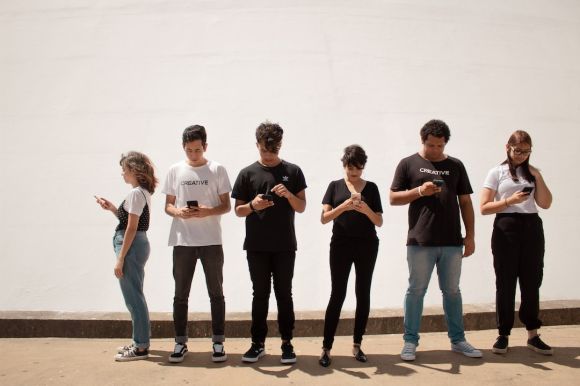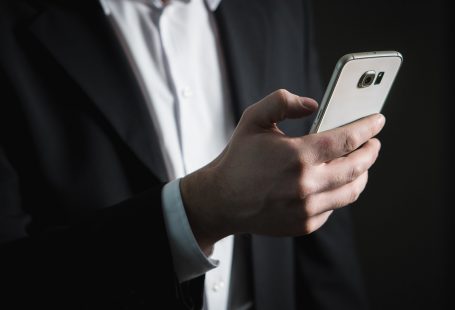Wireless charging has become increasingly popular in recent years as more and more smartphones now support this feature. The convenience of simply placing your phone on a charging pad without the hassle of plugging in a cable is undoubtedly appealing. However, there has been some debate about whether wireless charging can potentially harm your phone’s battery. In this article, we will explore the effects of wireless charging on your phone’s battery life and whether you should be concerned.
Understanding the Basics of Wireless Charging
Before delving into the potential impact on your phone’s battery, it’s essential to understand how wireless charging works. Wireless charging, also known as inductive charging, uses an electromagnetic field to transfer energy between two objects. In the case of smartphones, a charging pad or mat generates an electromagnetic field, which is picked up by a coil inside the phone. This coil converts the energy into electrical current, which charges the phone’s battery.
Heat Generation and Battery Degradation
One of the main concerns regarding wireless charging is the heat generated during the process. It is true that wireless charging can generate more heat compared to traditional cable charging. Excessive heat can accelerate the degradation of a lithium-ion battery, potentially shortening its overall lifespan. However, modern smartphones are equipped with built-in temperature sensors, which help regulate the charging process and prevent overheating.
Charging Efficiency and Battery Health
Another factor to consider is the efficiency of wireless charging compared to wired charging. In general, wireless charging is slightly less efficient, resulting in a slower charging speed. This slower charging speed can be beneficial for battery health as it reduces the stress on the battery cells. Fast charging, whether wired or wireless, can cause the battery to heat up and degrade over time. Therefore, wireless charging, with its slower charging speed, may actually be gentler on your phone’s battery.
Battery Longevity and Charging Habits
The overall longevity of a smartphone battery is influenced by various factors, including charging habits. Whether you use wireless charging or traditional cable charging, how you manage your phone’s battery can have a significant impact. It is recommended to keep your phone’s battery level between 20% and 80% to maximize its lifespan. Additionally, avoiding extreme temperatures, both hot and cold, can help prolong the battery’s overall health.
Benefits of Wireless Charging
Despite the concerns surrounding wireless charging, it does offer several benefits. The convenience of being able to charge your phone simply by placing it on a charging pad cannot be overstated. It eliminates the need for dealing with tangled cables and worn-out charging ports. Additionally, wireless charging pads are becoming more common in public places, such as airports and coffee shops, allowing you to top up your battery on the go.
Conclusion
In conclusion, while wireless charging may generate more heat and be slightly less efficient compared to traditional cable charging, it is generally safe for your phone’s battery. The technology has come a long way, with built-in safeguards to prevent overheating. Moreover, the slower charging speed of wireless charging can actually be beneficial for the longevity of your battery. Ultimately, how you manage your phone’s battery and charging habits will have a more significant impact on its overall health than the choice between wireless and wired charging. So, feel free to embrace the convenience of wireless charging without worrying too much about its effects on your phone’s battery.




